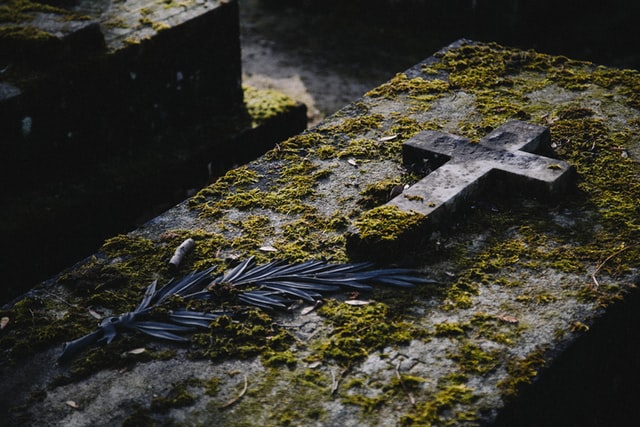Lagos – The remains of more than one hundred victims killed in a weekend explosion of an illegal oil refinery in southern Nigeria were buried on Tuesday evening in three mass graves, officials said.
The blast late on Friday at a site between Rivers and Imo states was one of the worst in years in an area where oil theft and illegal refining are rife, inflicting huge losses and environmental damage in Africa’s largest crude producer.
President Muhammadu Buhari had called the incident a catastrophe and a national disaster after 110 people were killed.
The charred bodies were buried in three mass graves at the site by the Imo state government represented by the chairman of the local government area and emergency officials.
No family members were present since the bodies could not be identified because they were burnt beyond recognition, Ifeanyi Nnaji of NEMA emergency services agency told AFP.
ALSO READ | Nigeria oil blast victims to get mass burial after ‘catastrophe’
“We are here today to do justice as a responsible government, because of the explosion, most corpses here cannot be identified,” said Marcellinius Amadioha, chairman of the local government authority.
Pipeline fires are common in Nigeria, because of poor maintenance but also due to thieves who vandalise lines to siphon off oil, refine it at makeshift tanks and sell the fuel on the black market.
The worst pipeline blast in Nigeria happened in the southern town of Jesse in October 1998, killing over 1,000 villagers.
Crude oil is tapped by thieves from pipelines owned by major oil companies and refined illegally into saleable products.
Mele Kyari, head of Nigerian National Petroleum Company (NNPC), said earlier this month Nigeria loses around 250,000 barrels of crude to oil thieves daily. Daily production is around 1.4 million bpd.
Most people in the oil-producing Niger delta live in dire poverty even though the country is the biggest oil producer on the continent and Africa’s largest economy.
Follow African Insider on Facebook, Twitter and Instagram
Source: AFP
Picture: Unsplash
For more African news, visit Africaninsider.com


